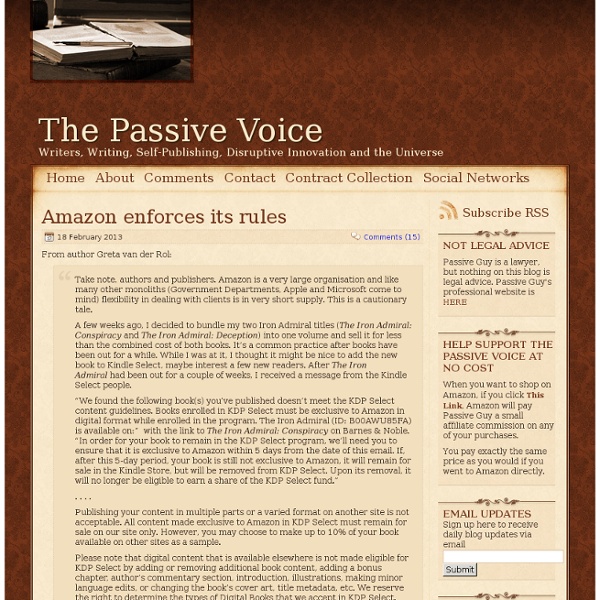



Kristine Kathryn Rusch 11 Goal Hacks: How to Achieve Anything Goal-setting research on fantasising, visualisation, goal commitment, procrastination, the dark side of goal-setting and more… We’re all familiar with the nuts and bolts of goal-setting. We should set specific, challenging goals, use rewards, record progress and make public commitments (if you’re not familiar with these then check out this article on how to reach life goals). So how come we still fail? This psychological research suggests why and what mindsets should help us reach our goals. 1. The biggest enemy of any goal is excessive positive fantasising. 2. The reason we don’t achieve our goals is lack of commitment. One powerful psychological technique to increase commitment is mental contrasting. 3. You can use the Zeigarnik effect to drag you on towards your goal. What the Zeigarnik effect teaches is that one weapon for beating procrastination is starting somewhere…anywhere. 4. 5. When we miss our target, we can fall foul of the what-the-hell-effect. 6. 7. 8. 9. 10. 11.
Dean Wesley Smith Girl Who Reads A Newbie's Guide to Publishing 5 Key Research Sites You May Have Missed (Plus Cool Tricks) I’m as guilty as the next person: I use Google for everything and don’t wander much outside it. (In fact, I use iGoogle as my browser homepage.) But as any astute researcher knows, Google’s search engine can rank poor-quality content very highly just because the site has good SEO (search engine optimization). Recently, Google adjusted their search algorithm to help control for this, but the problem’s still there. So I wanted to share a few resources to increase your awareness that stuff besides Google exists. 1. 2. 3. 4. 5. A Few Google Tools If you don’t know already about these specialized Google search tools, check them out: Google Scholar: limit your search just to academic/scholarly stuffGoogle Books: limit your search to booksGoogle U.S. Also, if you’re not already aware, here are a few simple ways to improve your basic Google searches: What are your favorite search tricks or online research resources? You might also like: No Related Posts
Hollywonk The Moral Premise Unitarian church UU World and uuworld.org are produced by the Periodicals Office of the Unitarian Universalist Association of Congregations. UU World The UUA publishes the quarterly UU World magazine in behalf of its member congregations, which provide free subscriptions as a benefit to their voting members. (Others may also purchase a subscription.) UU World’s mission is to help its readers build their faith and act on it more effectively in their personal lives, their congregations, their communities, and the world. uuworld.org: liberal religion and life Articles from current and back issues of UU World are available at the magazine’s website, uuworld.org: liberal religion and life, which is updated with news and original content each week. For our readers UU World welcomes letters to the editor and suggestions from readers. Address changes and subscription correspondence should be sent to UU World Subscriptions, 25 Beacon Street, Boston MA 02108-2803. More information
Russell Blake Publishers Lunch